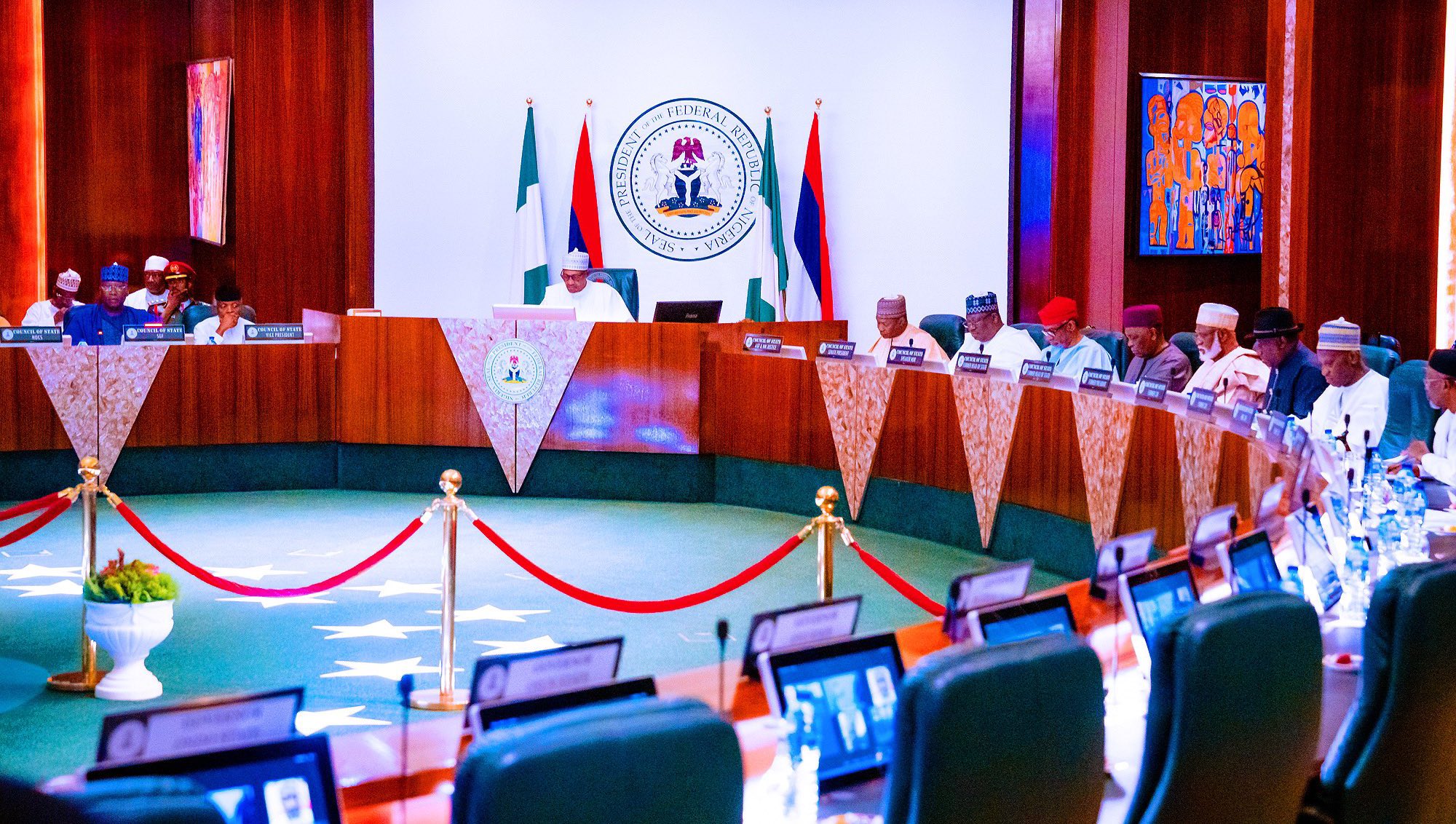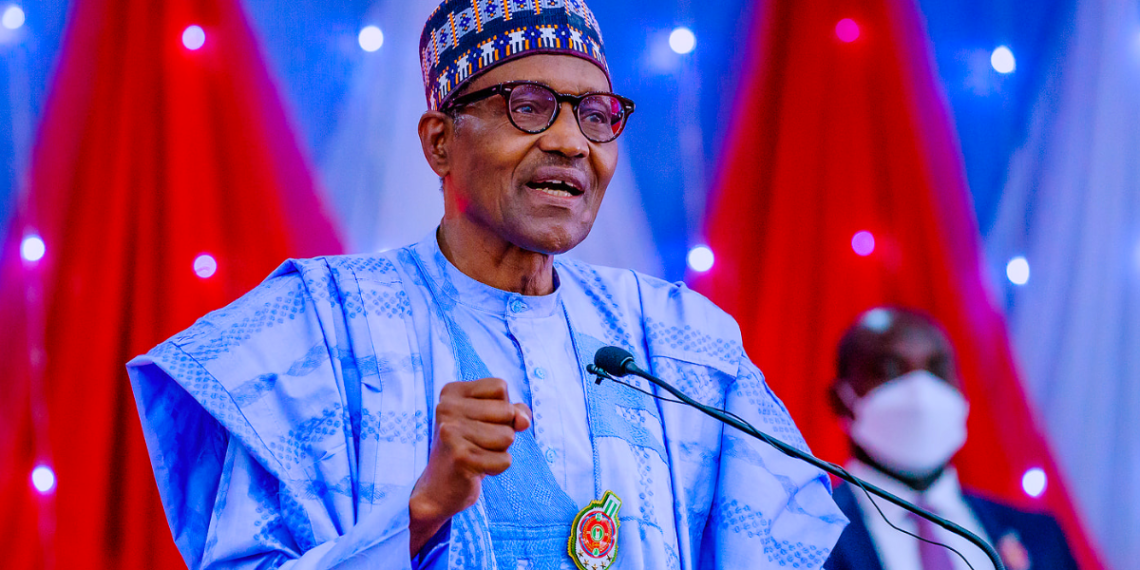President Muhammadu Buhari has failed to deliver on his promise to resolve naira crisis after seven days.
Buhari had requested seven days from Nigerians exactly one week ago to address the issue brought on by the lack of new naira notes, but the situation has worsened.
In a signed press release on February 3, Special Assistant to the President on Media and Publicity, Garba Shehu, had claimed that President Muhammadu Buhari “urged citizens Friday to give him seven days to fix the cash constraint that has become an issue across the country from the policy of the Central Bank of Nigeria to change high value Naira notes with new ones.”
The statement said the president reaffirmed his intention to contact the Central Bank of Nigeria (CBN) and the Minting Company on the issue, noting that during the final seven days of the additional 10 days, a decision would be made to resolve the crisis.
Various developments have occurred over the past week, ranging from isolated acts of violence across the nation to various court cases, with 14 political parties threatening to boycott the election if the Federal Government gave in to pressure to extend the initial deadline for the use of old naira notes.
The previous week has seen a nationwide cash constraint, which Dataphyte has documented in a timeline of events.
Protests and violence in Oyo, Ogun, Delta
According to news reports, some angry citizens of Ibadan, the capital of Oyo State, gathered last Friday to demonstrate the hardship caused by the scarcity of the new naira notes and the ongoing fuel shortage.
Protesters blocked the frontage of the State Secretariat at Agodi and other major roads in the city.
At the state secretariat, youths were seen forcefully opening the gate and moving towards the governor’s office situated within the complex.
In Ogun State, protesters on Tuesday vandalised automated teller machines (ATMs) in a bank premises in Abeokuta over the scarcity of the new naira notes and fuel, forcing bank workers to scurry home to avoid being targeted by the protesters.
Residents of Uvwie and Warri South Local Government Area of Delta State, last Friday, took to the streets to protest lack of access to the new naira notes.
Market women barricaded the Warri-Sapele Road and NPA Expressway, grounding activities in the areas.
The protesters also laid siege to the United Bank for Africa and Union Bank located near Main Market, Warri.
Legal battles
Over this same issue, there has been a series of legal battles for and against the deadline extension.
Five political parties have approached the Federal Capital Territory (FCT) High Court and secured an order barring the Federal Government and the apex bank from any extension of the deadline.
Also, Kaduna, Kogi and Zamfara States took the Federal Government to the Supreme Court and got an ex parte order restraining it from implementing the February 10 deadline for the use of old notes.
Attorney General of the Federation, Abubakar Malami, had stated that the Federal Government would abide by the Supreme Court’s ruling, but he had also asked the court to reject the three state governments’ lawsuit. Other states such as Ondo have joined the suit against the Federal Government.
The threat by 14 of the 18 political parties to boycott the general elections is another development that has followed.
Kenneth Udeze, who spoke recently at a press conference on behalf of the Forum of Chairmen of Nigerian Political Parties and the Forum of Candidates for the 2023 General Election, spoke against the plan to shift the CBN deadline.
Udeze, who is also the national chairman of the Action Alliance (AA), said the deadline already fixed by the apex bank must not be shifted.
“We hereby announce our resolution that at least 14 0f the 18 political parties in Nigeria will not be interested in the 2023 general election and indeed we shall withdraw all our participation from the electoral process if these currency policies are suspended or cancelled or if the deadline is further shifted,” Udeze said.
EFCC, ICPC raid banks
The Economic and Financial Crimes Commission (EFCC) and the Independent Corrupt Practices and Other Related Offences Commission (ICPC) raided and arrested two bank managers in Osogbo, the capital of Osun state, and Federal Capital Territory (FCT), Abuja, in what appeared to be acts of sabotage by commercial banks.
The EFCC had arrested the operations manager of a commercial bank in the FCT for hoarding N29 million of the new naira notes.
The EFCC said the operations manager was arrested after refusing to load the bank’s automated teller machines (ATMs) despite having N29 million in the vault.
“Before he was whisked away for further questioning, the operatives ordered the loading of all the ATMs and the payment of the stipulated amount across the counter to the delight of the distraught customers who had spent hours in queues without getting the new notes,” the statement read.
“This discovery, which indicates sabotage of the government’s monetary policy by some banks, was made by the EFCC in continuation of the ongoing surveillance and visit to banks across the country to access their vaults and verify whether they were deliberately refusing to dispense the redesigned Naira notes.
“More than five bank branches were covered today by the operatives in Abuja. Similar exercises are ongoing in zonal commands across the country.”
Two days prior, the ICPC had arrested the manager of a bank in Osogbo, Osun State, for allegedly stuffing ATMs with bundles of cash that were nylon-wrapped and thus unable to dispense through the machines.
Council of State meets
The Council of State convened on the final day of the president’s seven-day deadline for a resolution to the problem. The council examined critical issues impacting Nigeria, such as the currency crisis and the lack of fuel. Additionally, it looked at the general election’s preparations.

Council of State meeting presided by President Buhari. Photo Credit: @BashirAhmaad – Twitter
The National Council of State is an organ of the Nigerian government with the power to advise the executive arm on policy-making. It is made up of the president, vice president, secretary to the government of the federation, former presidents, former heads of state, former chief justices of Nigeria, president of the Senate, speaker of the House of Representatives, governors of the 36 states of the federation and the attorney-general of the federation.
At the conclusion of the meeting, the Council of State supported the new currency redesign strategy but encouraged the CBN to ensure the availability of naira notes in order to reduce unrest and the sufferings of Nigerians nationwide.
The Attorney General of the Federation and Minister of Justice, Abubakar Malami; Governors Darius Ishaku of Taraba State and Babajide Sanwo-Olu of Lagos State; as well as the Special Adviser to the President on Media and Publicity, Femi Adesina, briefed the press on the key issues after the council meeting at the Presidential Villa.
Malami, who gave a summary of the meeting, said: “So, by way of conclusion, the two major resolutions that were driven, arriving from the deliberations of the Council, are one, that we are on course as far as election is concerned and we are happy with the level of preparation by INEC and the institutions.
“Two, relating to the naira redesigned policy, the policy stands, but then the Council agreed that there is need for aggressive action on the part of the Central Bank, as it relates to the implementation of the policy by way of ensuring adequate provision being made with regard to the supply of the naira in the system.”
Even though the president promised a week ago that a decision would be made to fix the matter, the situation seems worse for Nigerians who are hard hit by the crisis.
Nigerians lament
Samuel Olala, an Abuja-based civil servant, lamented that he had no foodstuffs at home due to the currency crisis.
“Most market women do not accept transfers. They tell you they cannot withdraw their money when transferred. So, this leaves many without basic things at home. As it is now, I have nothing at home now and the situation is dire for my family,” Olala said.
A Kubwa, Abuja-based fruits seller, Mohammed Yusuf, said sales had dropped as many `customers were complaining of lack of cash. He said his shop was becoming empty as most of his transactions were informal.
A Lagos-based fashion designer, Adetunji Abioye, said business had been generally bad as she could not get all materials ordered for.
“Everything is slow. Even when you make transfers, they won’t go sometimes. Bank apps are almost always out of service during the day. This has slowed down our business,” she noted.
Dataphyte went round Access Bank, Guaranty Trust Bank, UBA, FirstBank and others in Kubwa, Abuja, and found angry customers complaining of inability to get cash.
.png)




.png)